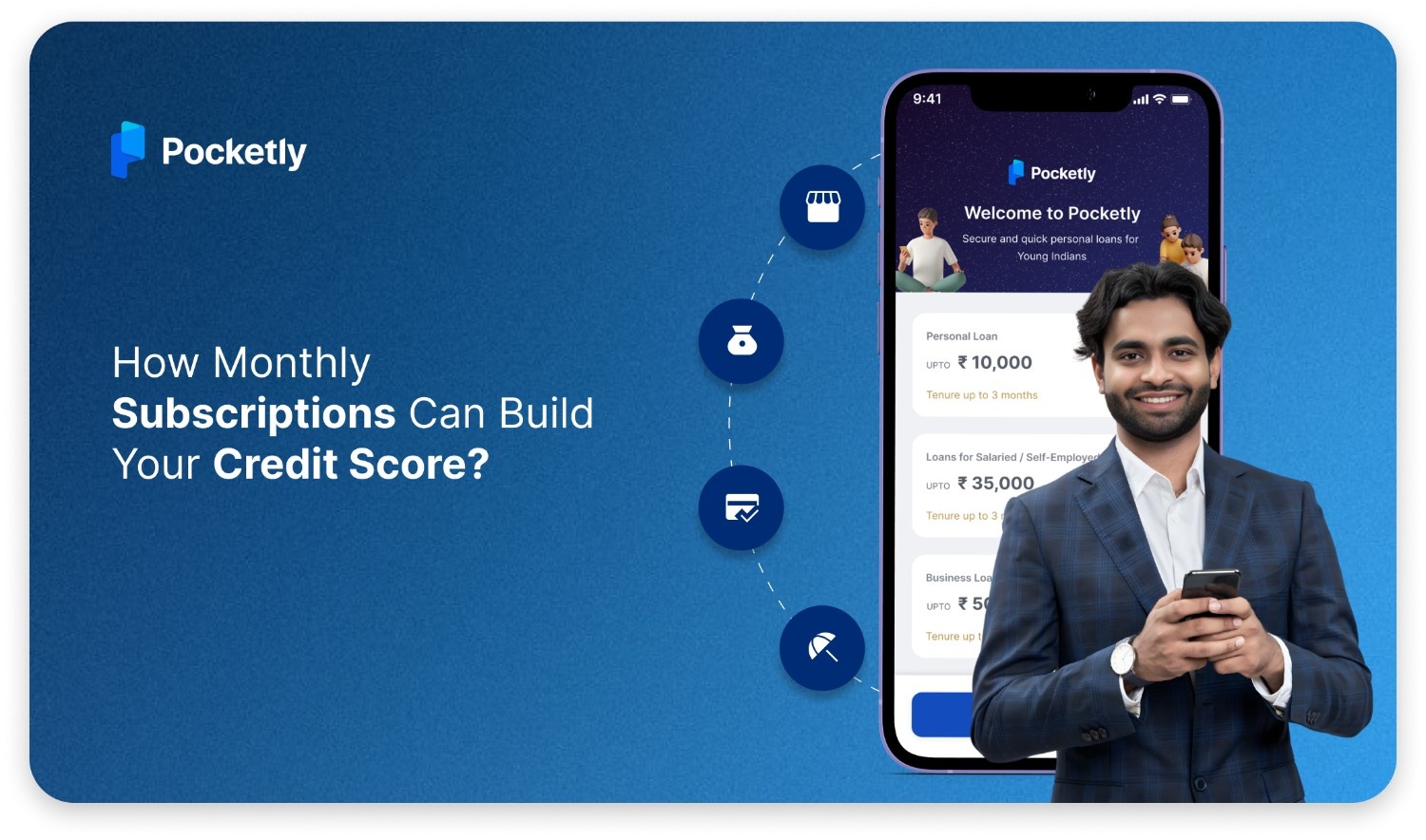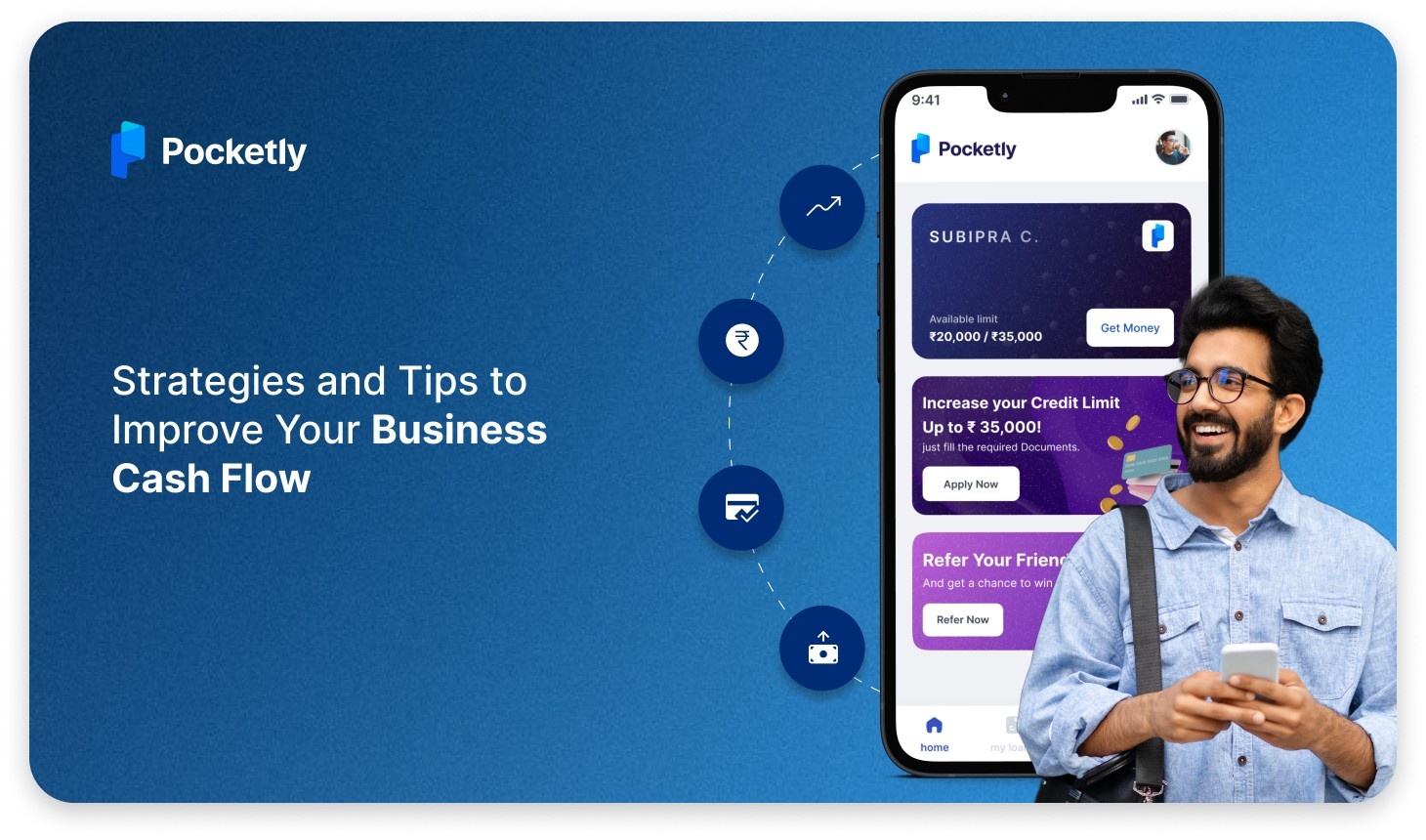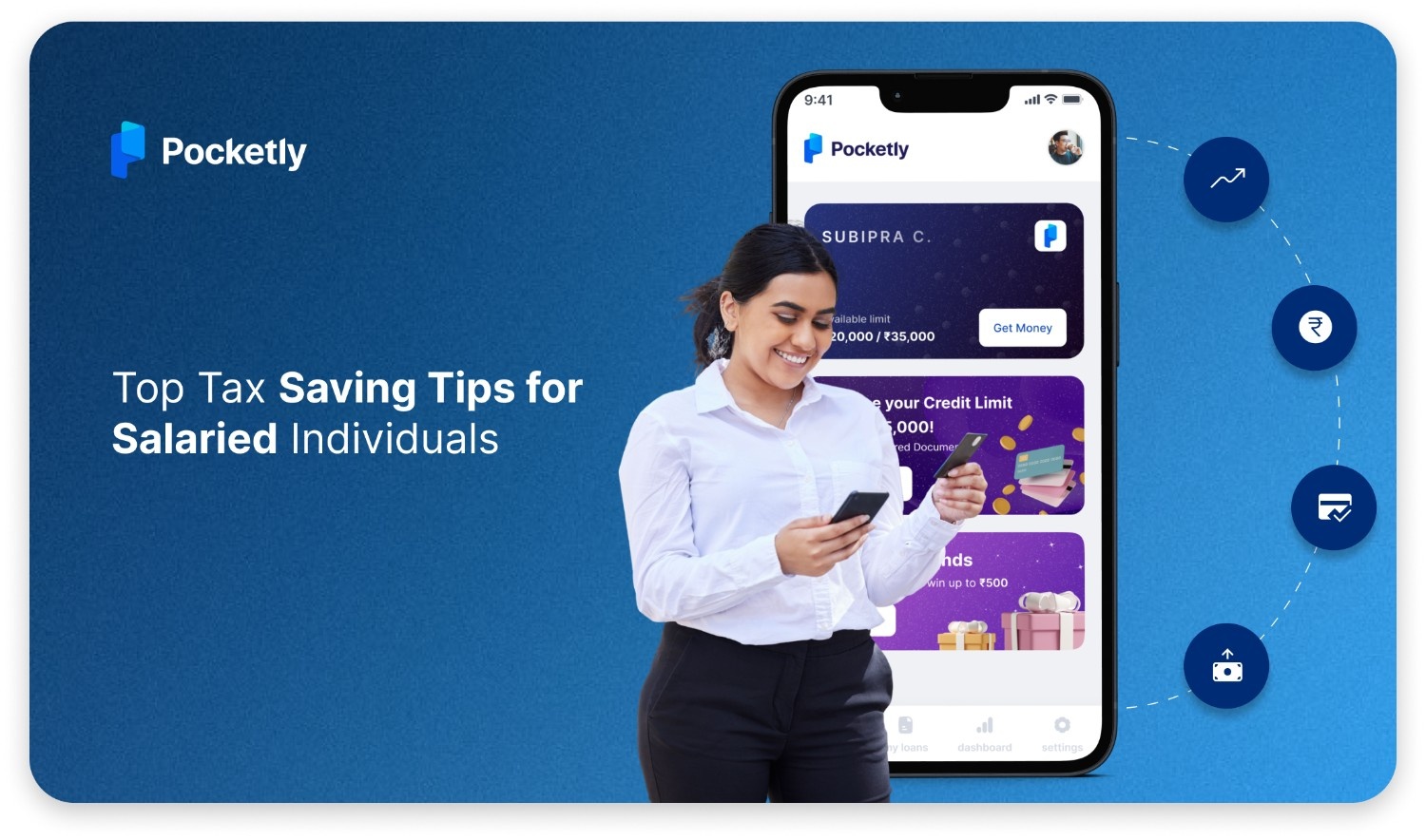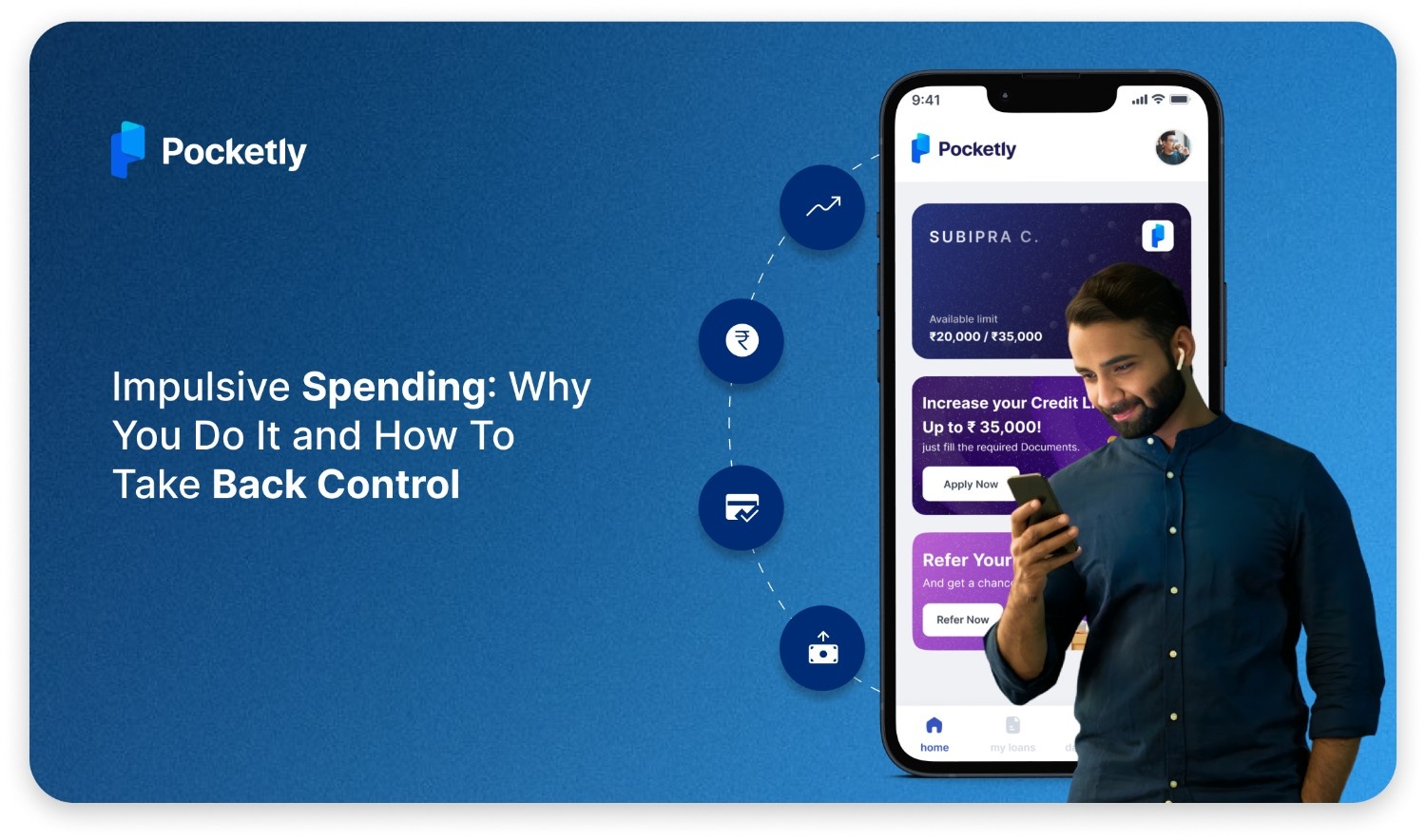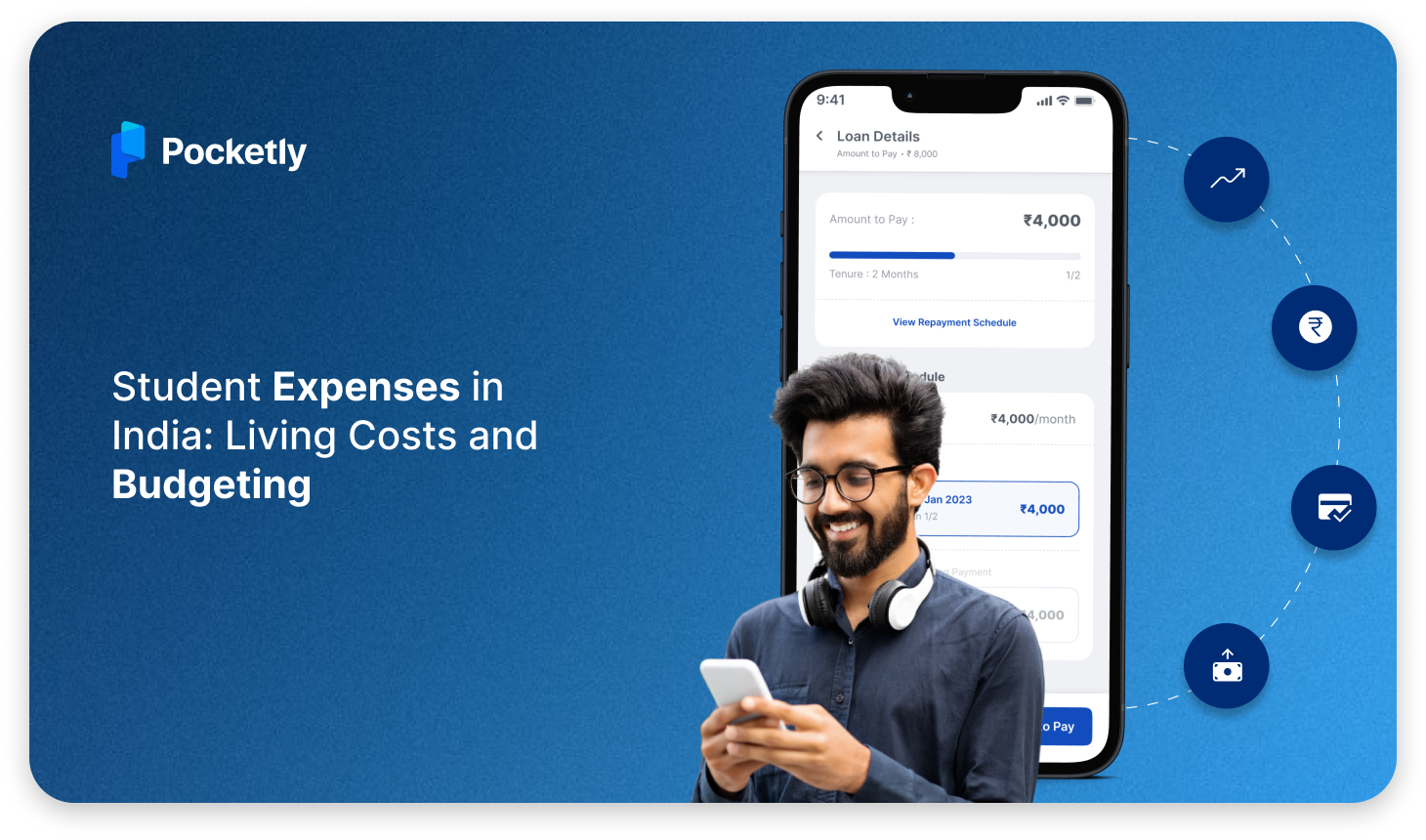If you’re self-employed, a freelancer, or a business owner, getting a loan without a salary slip or fixed monthly income can be tough. But don’t worry—your Income Tax Return (ITR) can help you secure a personal or business loan without the need for a salary statement or collateral.
Lenders use your ITR as proof of income to determine your ability to repay the loan. The better your ITR record, the higher your chances of getting a bigger loan amount, lower interest rates, and faster approvals.
In this guide, you’ll learn why ITR is important for loans, the benefits of ITR-based loans, eligibility criteria, and step-by-step instructions to apply easily. Let’s dive in!
Why Apply for a Loan Based on ITR is Better
For individuals without a fixed monthly salary, such as self-employed professionals, freelancers, and business owners, getting a loan can be challenging. Many lenders prioritise applicants with traditional income proof, making it difficult for those with variable earnings to qualify.
However, your Income Tax Return (ITR) acts as proof of income and financial stability, helping lenders assess your repayment ability. This makes ITR-based loans a great alternative, offering easier access to funds without the need for traditional salary documentation.
Let’s explore the key features and benefits of applying for a loan using your ITR.
Key Features of ITR-Based Loans
- No Salary Slip Required – Lenders assess your ITR history instead of relying on salary statements, making loans accessible for self-employed individuals, business owners, and freelancers.
- Unsecured Loan Option – Many loans based on ITR are unsecured, meaning you don’t need to provide collateral like property or fixed deposits.
- Higher Loan Amounts – A strong ITR filing for the past 2-3 years increases your chances of getting a higher loan amount.
- Faster Approval & Processing – Since ITR serves as proof of income, the loan application process is quicker than traditional business loans that require extensive financial documentation.
- Flexible Loan Usage – Funds from an ITR-based loan can be used for any purpose, including business expansion, working capital, personal expenses, or emergency needs.
- Better Loan Terms – A stable ITR history can help you secure loans with lower interest rates and longer repayment tenures.
- Improves Credit Score – Timely repayment of an ITR-based loan helps boost your credit score, making future loan approvals easier.
Benefits of Applying for a Loan Based on ITR
- Easy Access to Loans for Self-Employed Individuals – If you don’t have a fixed monthly salary, ITR-based loans provide an alternative way to prove your income and secure financing.
- No Need for Additional Income Proofs – Unlike traditional loans that require multiple financial documents, an ITR report alone can serve as the primary income proof.
- Higher Loan Approval Chances – A well-maintained ITR filing shows lenders that you have a consistent income, improving approval rates.
- No Collateral Required for Many Loans – Many lenders offer unsecured personal and business loans based on ITR, making it risk-free in terms of asset security.
- Flexible Loan Amounts Based on Earnings – Your loan eligibility depends on your declared income in ITR, meaning a higher declared income increases your borrowing capacity.
- Faster Processing and Approval – With ITR acting as a verified income proof, lenders can process loans quickly, reducing waiting times.
- Competitive Interest Rates – A strong ITR history can help you negotiate lower interest rates, reducing your overall loan repayment burden.
- Better Repayment Tenure Options – Many ITR-based loans come with flexible repayment terms, allowing you to manage your finances better.
- Helps build a Strong Credit Profile – If you consistently file ITR and repay your loans on time, it improves your creditworthiness for future loan applications.
Eligibility Criteria for Loans Based on ITR
To qualify for a loan based on your ITR, you need to meet certain eligibility requirements set by lenders. These criteria help financial institutions assess your income stability, repayment capacity, and financial reliability. Below are the key factors that determine your eligibility.
1. Stable Income
- Lenders prefer applicants with a consistent income history, as reflected in ITR filings for the past 2-3 years.
- Your declared income should be steady, ensuring you can repay the loan on time.
2. Minimum Income Requirement
- Most lenders require a minimum annual income of ₹2-5 lakh, depending on the loan amount.
- A higher declared income in ITR increases your chances of getting approved for a larger loan.
3. Age Criteria
- Applicants must typically be between 18 and 60 years old.
- Some lenders may extend the limit to 65 years for self-employed individuals.
4. Good Credit Score
- A CIBIL score of 700+ is preferred, as it indicates responsible credit behaviour.
- Some lenders may approve loans with a lower score if ITR records show strong income stability.
5. Valid ITR Filings
- You must have filed Income Tax Returns (ITR) for at least the past 2-3 years.
- The ITR should accurately reflect your income, tax payments, and business earnings.
6. Business Vintage for Self-Employed
- If applying for a business loan, your business should be operational for at least 2-3 years.
- Proof of business registration, GST filings, and audited financials may be required.
7. Additional Documentation
Lenders may request additional documents, such as:
- Bank statements (last 6-12 months)
- PAN card and Aadhaar card (for identity verification)
- Business ownership proof (for self-employed applicants)
Meeting these eligibility criteria increases your chances of approval and this makes the loan application process smooth based on your ITR filings.
Importance of Credit Score for a Business Loan With ITR
When applying for a business loan with an Income Tax Return (ITR), your credit score remains a crucial factor in determining your loan eligibility, interest rates, and repayment terms. While an ITR serves as proof of your financial stability and income consistency, lenders still assess your creditworthiness to gauge your ability to repay the loan.
Why Credit Score Matters for a Business Loan with ITR
- Enhances Loan Approval Chances – A high CIBIL score (700 or above), along with your ITR, reassures lenders of your financial reliability, increasing the likelihood of approval.
- Influences Interest Rates – Even with an ITR, a higher credit score can help you secure lower interest rates, reducing your overall repayment burden.
- Allows Access to Higher Loan Amounts – A strong credit history and consistent income as reflected in your ITR enable you to qualify for larger business loans.
- Strengthens Business Financial Profile – Lenders view applicants with good credit scores and regular ITR filings as financially responsible, improving business credibility.
- Impacts Loan Tenure and Repayment Flexibility – Borrowers with a good credit score and a clean tax filing record often receive longer repayment tenures and flexible EMI options.
- Boosts Future Loan Eligibility – Regular ITR filing, along with a strong credit score, helps build financial credibility, making it easier to secure higher-value loans and better terms in the future.
- Enables Easier Loan Processing – Lenders quickly approve applications when both ITR records and a strong credit score are available, ensuring faster loan disbursal.
To maximise your eligibility and secure the best loan terms, ensure timely ITR filing, responsible credit management, and a strong financial track record.
If you want to maintain a good credit rating refer to our guide, Maintaining and Understanding 730 Credit Score.
Steps to Apply for a Personal Loan Based on ITR
Opting for a loan mostly depends on your Income Tax Return (ITR) is a simple process, but ensuring you fulfil the eligibility criteria and have the required documents is crucial for quick approval. Follow these steps to apply for a personal or business loan using ITR.
1. Evaluate Your Financial Needs
- Determine the loan amount required for business expansion, working capital, or personal use.
- Assess your repayment capacity to choose a suitable loan tenure.
2. Research Lenders
- Compare different banks, NBFCs, and online lending platforms.
- Look for lenders offering ITR-based loans with low interest rates and flexible repayment options.
3. Check Eligibility Criteria
- Ensure you meet the minimum income requirement (usually ₹2-5 lakh annually).
- Check your CIBIL score (700+ preferred) and business vintage (if applying for a business loan).
4. Prepare Required Documentation
- Gather last 2-3 years’ ITR filings as proof of income.
- Collect bank statements (last 6-12 months), PAN card, Aadhaar, and address proof.
- Business owners may need GST filings, business registration proof, and balance sheets.
5. Fill Out the Loan Application Form
- Apply online or visit the lender’s branch to fill out the loan application form.
- Provide correct details to avoid processing delays.
6. Submit Documents for Verification
- Upload or submit scanned copies of your ITR, bank statements, and KYC documents.
- Some lenders may require additional financial details for higher loan amounts.
7. Undergo the Verification Process
- The lender will review your ITR records, income stability, and credit score.
- You may receive a call for additional clarifications or business verification.
8. Get Loan Approval and Disbursement
- Once approved, you will receive a loan with terms and repayment details.
- After signing the agreement, funds are disbursed within 24-72 hours.
By following these steps, you can opt for a loan using your ITR quickly and efficiently, ensuring smooth financial access for personal or business needs.
Interest Rates and Repayment Options for Personal and Business Loans with ITR
For individuals and businesses with filed ITRs, various financial institutions offer loans with better interest rates, higher loan amounts, and flexible repayment options. Below is a refined table summarizing five platforms that provide loans based on ITR, along with their key features.
| Platform | Interest Rates | Loan Amount | ITR Requirement |
|---|---|---|---|
| Tata Capital | 19% – 22% p.a. | ₹1 lakh – ₹20 lakh | Not required if strong bank statements are provided; business vintage of at least 3 years needed. |
| IndusInd Bank | From 10.49% p.a. | Up to ₹50 lakh | ITR for the last 3 years is required for both salaried and self-employed applicants. |
| HDFC Bank | 18% – 21% p.a. | ₹1 lakh – ₹20 lakh | Not required if 12 months of bank statements and a business vintage of 3 years are provided. |
| ICICI Bank | 15% p.a. onwards | Up to ₹1 crore | No audited financials required for loans up to ₹1 crore based on transaction history; minimum 3-year business vintage needed. |
| SBI SME Loan | Varies | ₹10 lakh – ₹2 crore | ITR submission mandatory; lower interest rates for MSMEs. |
Key Points to Note
- ITR-Based Loans – All the above lenders require Income Tax Returns as proof of income for both personal and business loans.
- Better Interest Rates – Filing ITR improves eligibility, leading to lower interest rates and higher loan amounts.
- Repayment Flexibility – Tenures range from 12 months to 5+ years, depending on the loan type and borrower profile.
- Business Loan Focus – Some loans, like SBI SME Loans and Tata Capital Business Loans, cater specifically to self-employed individuals and entrepreneurs.
Note: Interest rates and loan amounts can vary depending on the lender's policies and the applicant's credit profile.
Alternative Options for Personal and Business Loans Based on ITR
If you don’t qualify for a loan based on ITR, there are several alternative financing options available. These options cater to individuals and businesses without traditional income proof but still need access to funds.
- Collateral-Based Loans – Secured loans like gold loans, property loans, or loans against fixed deposits can be availed without income proof.
- Business Loans from NBFCs – Many non-banking financial companies (NBFCs) offer business loans with minimal documentation and relaxed eligibility criteria.
- P2P Lending Platforms – Peer-to-peer lending allows borrowers to secure personal or business loans directly from investors based on their creditworthiness.
- Government Loan Schemes – Programs like MUDRA Loan, Stand-Up India, and PM SVANidhi provide loans without requiring extensive financial documents.
- Bank Overdraft Facility – Banks offer overdrafts against fixed deposits or business current accounts, allowing flexible fund withdrawal.
- Co-Applicant Loans – Applying with a co-applicant (with a strong credit score and income proof) increases loan approval chances.
- Credit Line or Business Credit Cards – Business owners can use credit lines or business credit cards for short-term funding needs.
- Personal Loans from Fintech Lenders – Digital lending platforms provide quick personal loans with minimal paperwork and alternative income verification methods.
If you're facing an urgent cash crunch but are stuck with ITR complexities or delays, Pocketly has you covered. Skip the long waits—get instant personal loans up to ₹25,000 with minimal paperwork and fast approvals. Perfect for emergencies when you need funds without the hassle!
Let’s dive into the details and see what makes Pocketly stand out!
Why Pocketly is the Ultimate Option in Digital Lending Platform
Pocketly isn’t just another digital lending platform—it’s a fast, reliable, and hassle-free way to get instant personal loans anytime, anywhere. With quick approvals, flexible repayment options, and a seamless borrowing experience, Pocketly makes sure you get the funds you need without unnecessary delays or paperwork.
Let’s explore what makes Pocketly a top choice for instant loans!
- For Everyone Focused: Our app is designed for students and self-employed professionals, providing easy access to credit without strict eligibility criteria.
- Quick Disbursal: Loans are disbursed within minutes, making them ideal for urgent needs.
- Flexible Repayment: Choose repayment plans that suit your financial situation.
- User-Friendly Interface: Apply, track, and manage loans seamlessly through the mobile app.
- 24/7 Availability: Apply anytime, day or night, without waiting for business hours.
- Low-Interest Rates for New Users: First-time borrowers get attractive, lower interest rates.
- Transparent Terms & Conditions: No hidden fees or surprises, ensuring a clear borrowing experience.
How to Apply for a Personal Loan via Pocketly
With just minimal yet simple steps, you can get the funds you need without delays.
- Download and Sign Up:
- Start by downloading the Pocketly app from the App Store or Play Store. Create an account using your mobile number—it’s fast, secure, and user-friendly.
- Upload Your Documents:
- No more dealing with endless paperwork. Simply upload your KYC documents through the app, it’s quick, secure, and straightforward, taking only a few minutes.
- Select Your Loan Amount:
- Choose an amount that suits your needs, whether it’s a smaller sum of ₹1,000 or something larger, like ₹25,000. Pocketly ensures flexibility to cater to your requirements.
- Quick Approval:
- Once your application is submitted, Pocketly’s system reviews it instantly. Most loans are approved within minutes, eliminating the usual waiting period.
- Receive Funds Immediately:
- Once approved, the loan amount is credited directly to your bank account. This swift process ensures that you have the money exactly when you need it.
Pocketly offers fast approvals, minimal paperwork, and flexible repayments to suit your needs. Download the Pocketly app now and borrow with confidence!
FAQs
Can I get a personal or business loan without filing an ITR?
Yes, some lenders offer loans without an ITR, but they may require alternative proof, collateral, or a high credit score. However, having a filed ITR improves your chances of approval and better loan terms.
How many years of ITR are required to apply for a loan?
Most lenders require at least 2-3 years of ITR filings to assess your income stability and repayment capacity. The higher and more consistent your declared income, the better your chances of securing a higher loan amount.
Can I get a loan if my credit score is low but I have a strong ITR?
Yes, a strong ITR history can compensate for a low credit score in some cases. However, lenders may still review other factors like outstanding debts and payment history before approval. If you have a low credit score, consider improving it before applying for a loan.
What documents do I need to apply for a loan?
Pocketly requires minimal documentation. You’ll need to provide basic KYC information like your PAN card, Aadhaar card, and bank statement, all of which can be uploaded digitally.
Can I get a loan if I don’t have a credit score?
Yes! Pocketly doesn’t rely on credit scores for approval, so even if you’re new to credit or have had a few bumps along the way, you can still get a loan.
How do I repay the loan?
We offer flexible and reliable repayment options that might suit your budget. You can choose an EMI plan that works best for you, and repayments can be made through the Pocketly app or via bank transfer.







